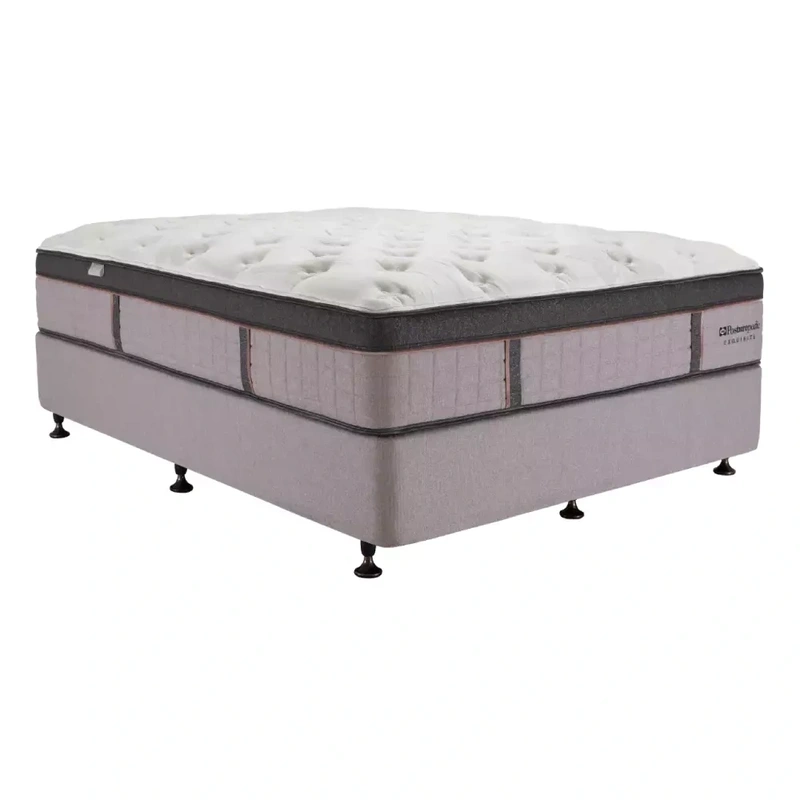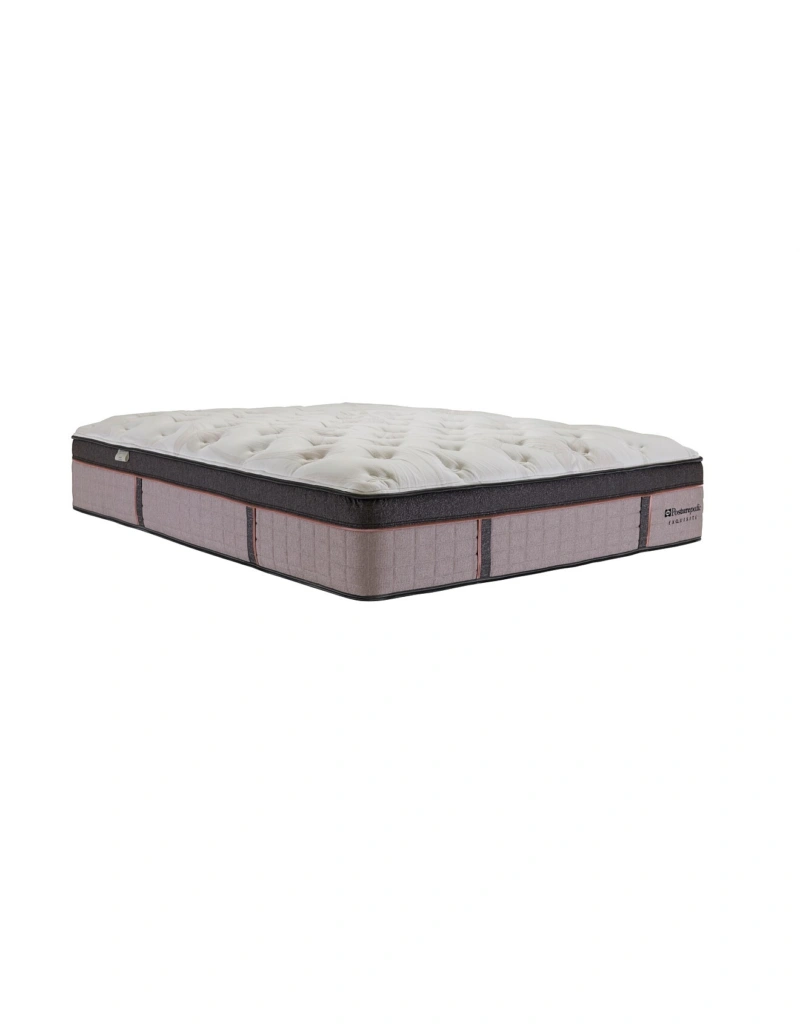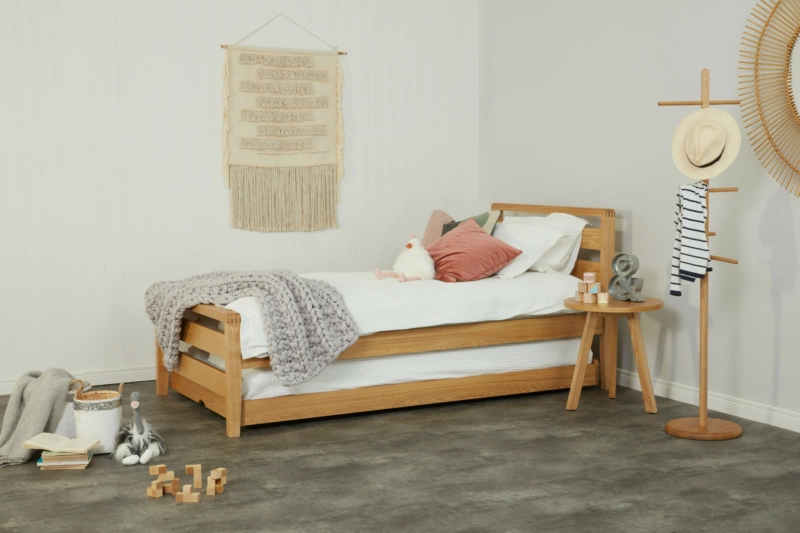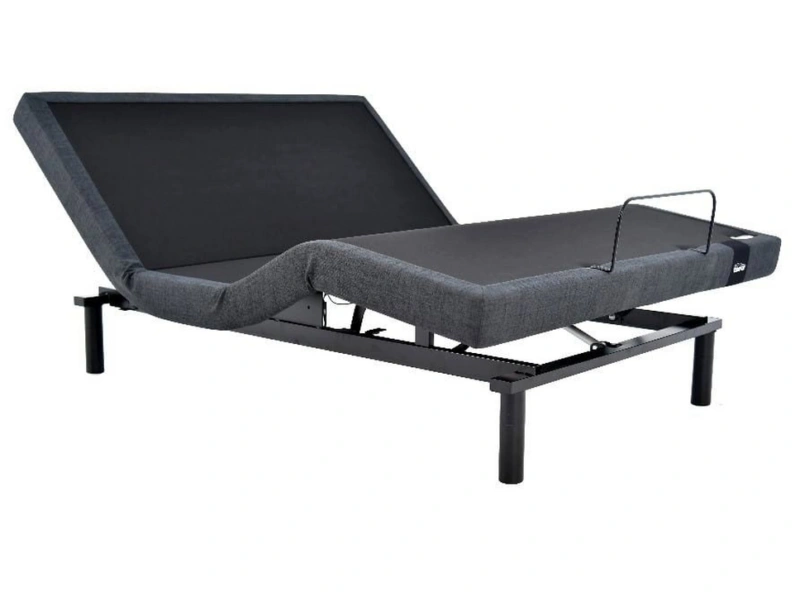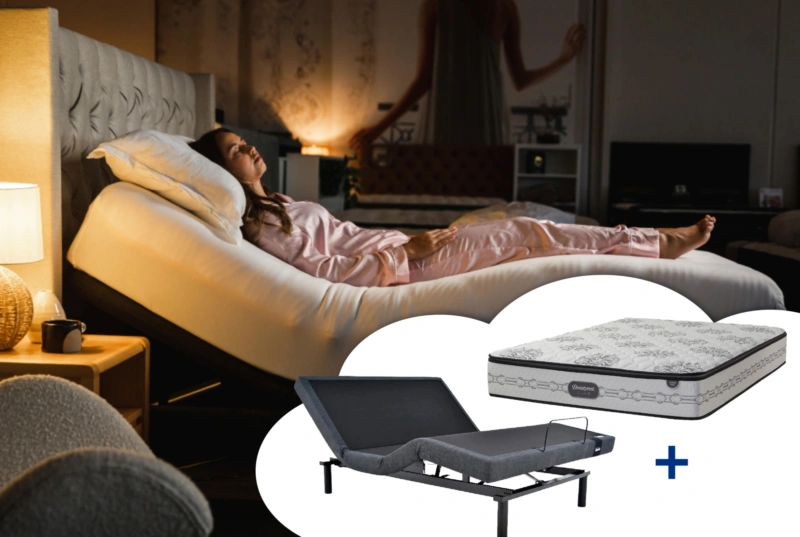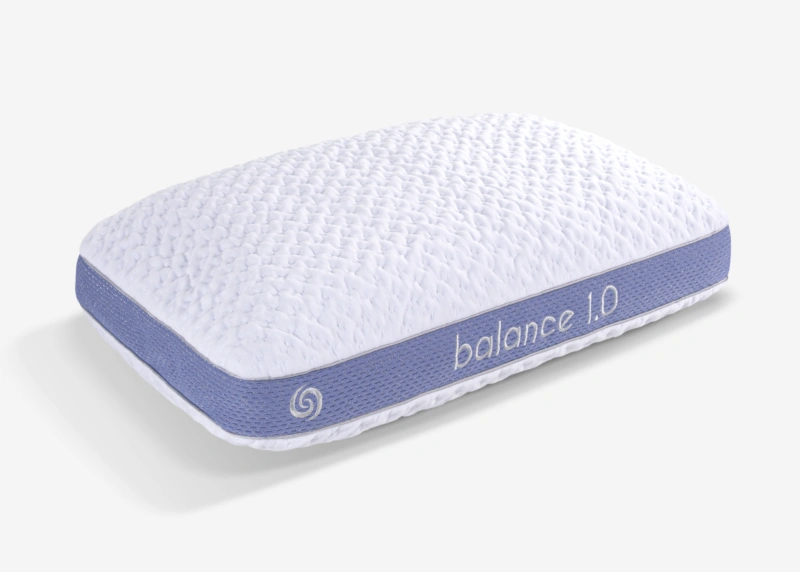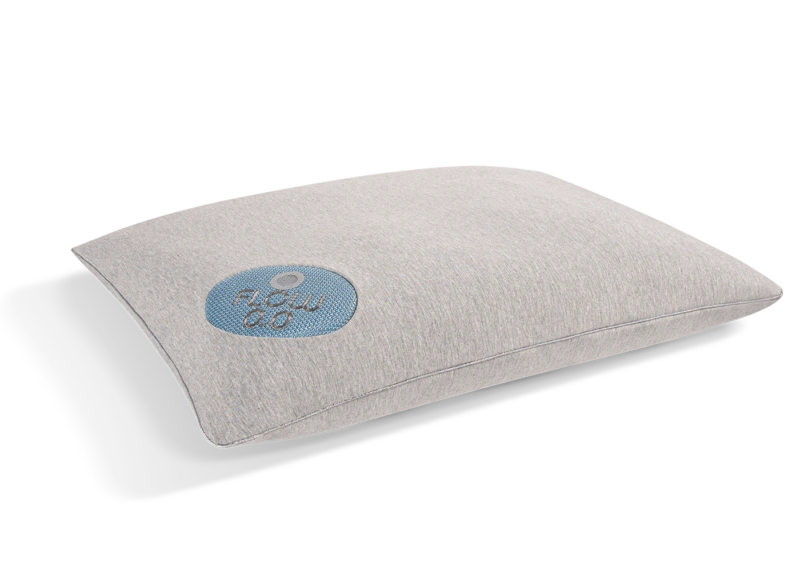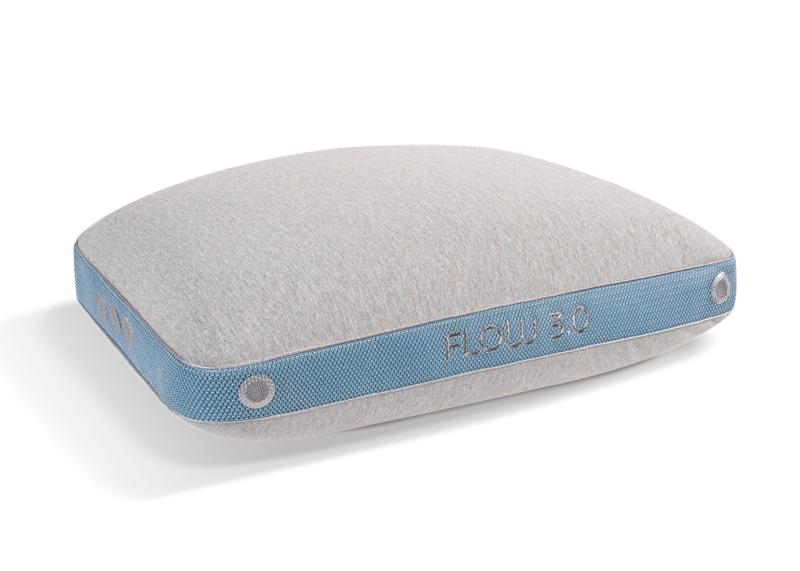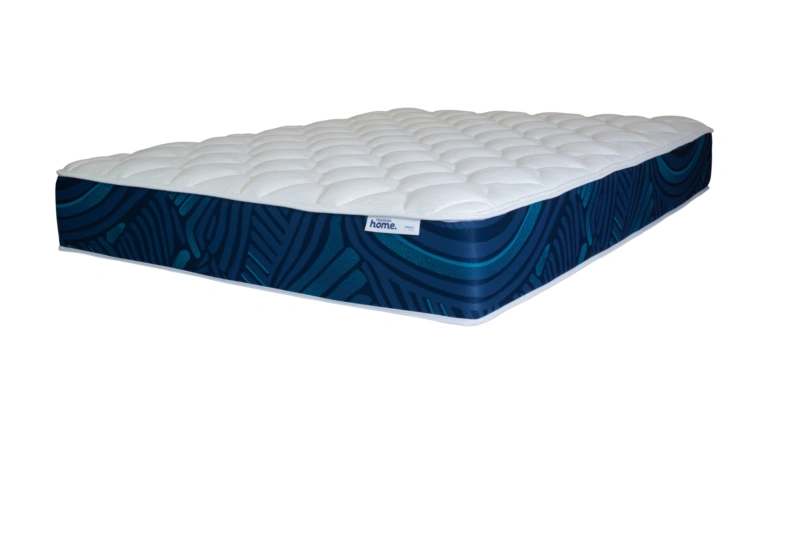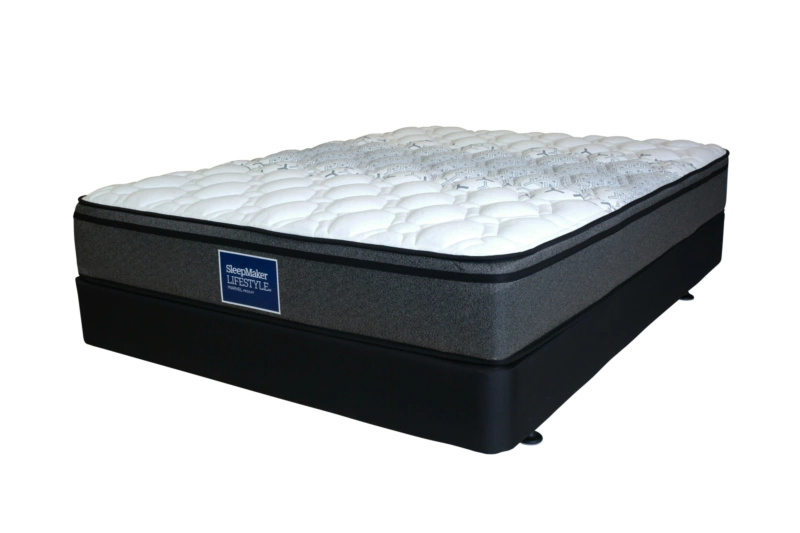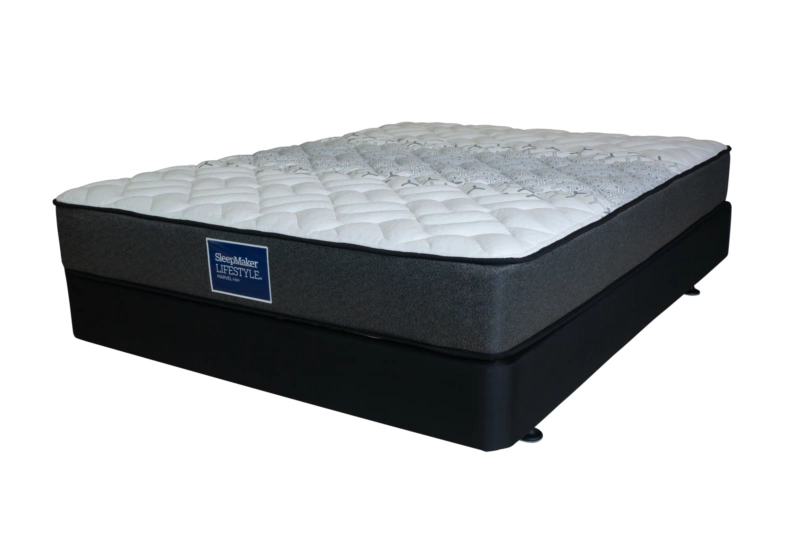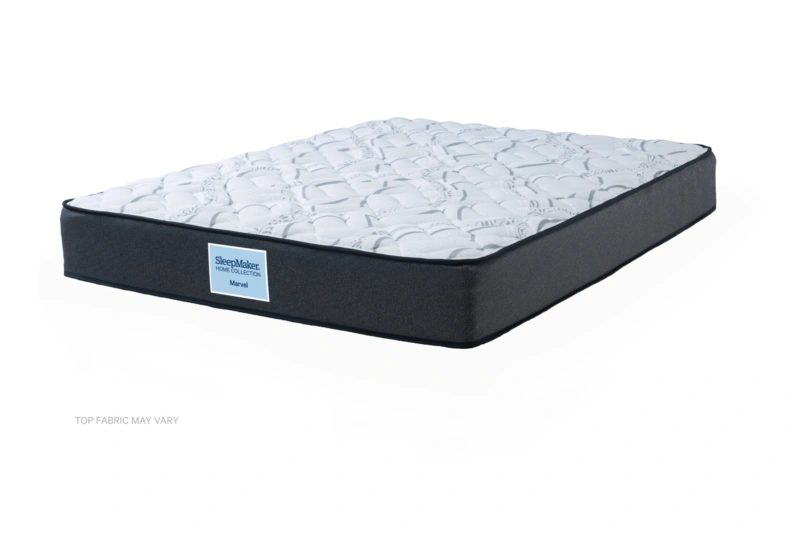
How does room temperature affect sleep?
Our bodies experience a dip in core temperature in the evening as your circadian rhythm prepares your body for sleep. Your circadian rhythm is essentially your master ‘body clock’ that takes its cues from your general sleeping patterns, light exposure and temperature. This body clock begins to drop your core temperature slightly about two hours before you usually go to sleep, which helps facilitate the release of the sleep hormone melatonin.
So, aiming to keep your room temperature around 18.3 degrees at night time may help signal to your body that it’s time for bed and help you achieve a deeper sleep.
Conversely, as you approach your usual wake up time, your circadian rhythm naturally increases your core temperature, which will make you more alert and signal that it is time to wake up. If your room temperature is too far above 18.3 degrees, you may wake up earlier than you would like to, or not be able to fall asleep in the first place.
Optimum bedroom temperature for babies
For babies, the best room temperature for sleep is closer to 20 degrees Celsius. Infants are more sensitive to changes in temperature, so it is even more important to regulate their room temperatures closely. If their bedroom is too warm or cold, it may increase the risk of illness or sudden infant death syndrome (SIDS)
If you don’t have an adjustable thermostat, here are some ways you can help bring your bedroom up or down to the best temperature for sleeping.
Top sleeping tips for cold weather
To get a better sleep and regulate your core temperature in the colder months, try to:
- Close your bedroom curtains as soon as it gets dark to retain heat.
- Choose heavier bedding in the winter months.
- Sleep on mattresses or mattress toppers with wool incorporated to help regulate body temperature.
- Use a heater in the room in the hour or two before you head to bed.
Top sleeping tips for hot weather
To help cool down for a better sleep during summer, try to:
- Close your bedroom curtains throughout the day to reduce heat build-up.
- Sleep with open windows for ventilation, or a fan to circulate air.
- Use a dehumidifier to control bedroom humidity.
- Reduce sweating with a breathable cooling mattress, 100% cotton sheets and a lighter duvet.
Sweet (and not too hot or cold) dreams everyone!

